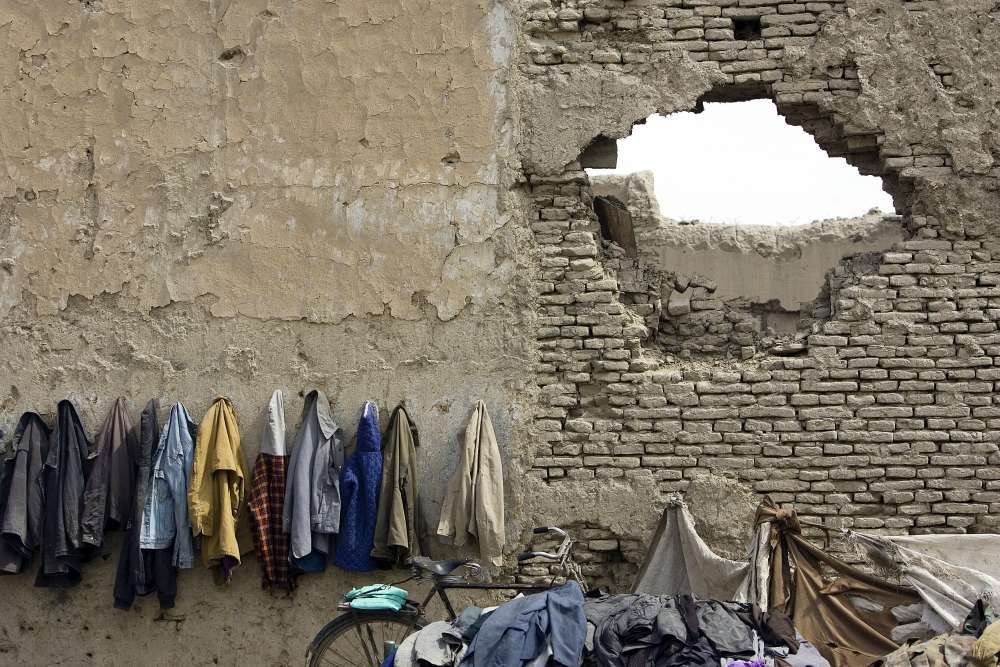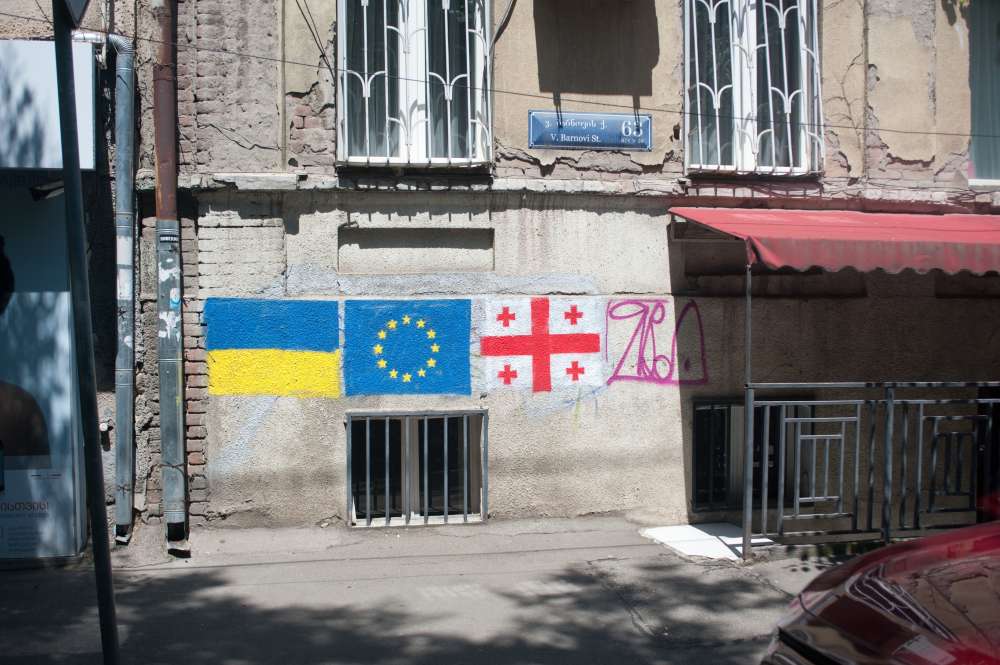Political Engineering in Kosovo
Lessons from Confronting Theory and Practice
Contemporary Kosovo is a post-conflict society. As such, most of the country’s current problems — be they economic, social, or political in nature — can be traced back to the Serb-Albanian conflict that arose during the collapse of the Socialist Federal Republic of Yugoslavia in the 1980s. It eventually erupted into the Kosovo war in the late 1990s before the NATO-led military intervention in 1999 compelled the Serbian army and administration to retreat from the territory. In 1999, as a medium-term solution to the emerging vacuum of governance, the United Nations Security Council deployed a transitional administration mission to Kosovo (UNMIK) in order to install “provisional democratic self-governing institutions to ensure conditions for a peaceful and normal life for all inhabitants of Kosovo” (S/RES/1244: para. 10). The population of Kosovo consists of several ethnic communities, including the former warring parties: Albanians (88%), Serbs (7%), and others (5%).i Their violent past constitutes the primary challenge for the emerging society and the building of democratic institutions.
The central focus of this paper is already referred to in the above-cited resolution 1244: an association between political institutions and societal peace within a country. Scientific and practical approaches in this context came to be known under the term “political engineering.” This strand of literature draws on an instrumental understanding of political institutions. Depending on the socio-political environment, certain respectively adapted settings of political institutions can foster inter-group cooperation and minimise the risk of civil conflict, even encouraging reconciliation after violent conflicts. However, the link between societal environment, political institutions, and long-term peace and stability is built upon a complex causal chain, and researchers have come to different conclusions concerning exactly which political institutions foster societal peace.
In this paper, I will draw upon two such approaches to political engineering: consociationalism, which harkens back to Arend Lijphart (1977, 1984, 1995, 1999) and centripetalism as suggested by Sisk (1993, 1995, 1996) and Reilly (1997a, 1997b, 2002a, 2002b, 2003, 2006). The approaches can be differentiated by their proposition of ethnic group separation or inclusion, respectively. Thus, political institutions in the first case are designed to provide maximum political freedom to each segment of society, whereby admittedly the ethnic reality is cemented into the political system. In contrast, centripetalism seeks to reduce the salience of divisions by avoiding an ethnically branded political system. It is hoped that such a design will help avoid ethnicity as a potential source of conflict and foster inter-group cooperation.
After introducing the case and the actors involved in political engineering in the UN protectorate Kosovo, and presenting and delimiting the two theoretical perspectives, two phases of political engineering are identified and analysed. The first phase refers to provisions made by UNMIK between 1999 and 2008, the second to the Ahtisaari Plan that accompanied the unilateral declaration of independence in 2008. Based on the analysis, I will show that the contemporary political system in Kosovo neatly fits the consociationalist approach. However, drawing on the centripetalist position, I will argue that the current approach is misleading with respect to the long-term goal of societal peace and stability. Last, taking into consideration international short-term political demands, I will also argue that the international community, at the latest with the Ahtisaari Plan, left the path of theory-based engineering. As a consequence, the current development renders further institutional changes fostering long-term societal reconciliation highly unlikely.
To read the full publication, please visit Amsterdam Social Science online ↪ .







